Tony Rayns
Nacimiento : , Great Britain
Historia
Antony Rayns is a British writer, commentator, film festival programmer and screenwriter.

Himself
An appreciation by Japanese cinema historian Tony Rayns

New video interview with film critic Tony Rayns
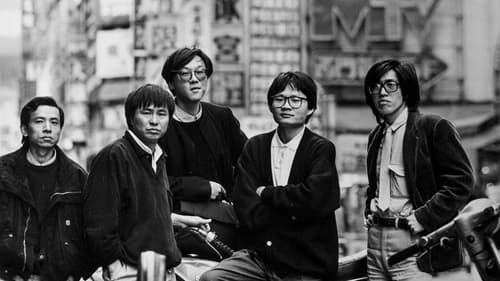
Self
En 1982 un pequeño grupo de cineastas taiwaneses reinventó el cine asiático, entre ellos, Hou Hsiao-Hsien y Edward Yang. Viajar desde Europa a América Latina a Asia, Flowers of Taipei se propone evaluar la influencia global del nuevo cine de Taiwán.

Tony Rayns
Asian cinema expert Tony Ryans discusses Kurosawa’s career and influence.

In this interview, conducted in 2013, Asian-film critic Tony Rayns offers his thoughts on the popularity of the ZATOICHI series, its main character, and some of the key talents involved in making it.
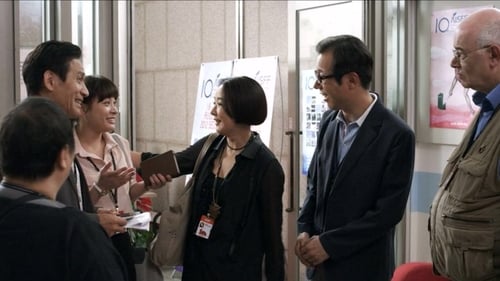
Tony
After the film screening, five people hold a meeting. Director Jeong asserts that a film should move the heart. Actress Soo-yeon emphasizes on the message of the film, Film critic Tony just discusses about the current trend of Korean cinema. Tomiyama cannot fully express her thoughts because of the language barrier. And, the head of jury, Sung-ki can’t control the situation. Will this jury reach an agreement against all odds? A satire for those who make, watch, and criticize films is about to begin.
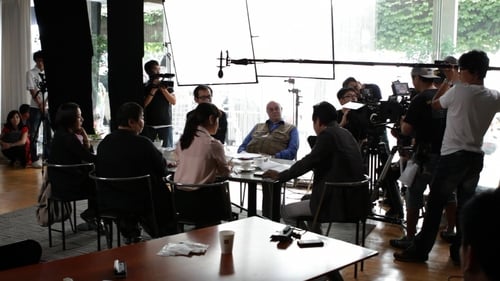
Himself
Prominent film critic Tony Rayns has long been a supporter of Korean cinema. This film illustrates Rayns’ affection for Korean cinema through interviews of Korean cineastes that have a special affinity for him, including JANG Sun-woo, LEE Chang-dong and HONG Sang-soo among others.

Interview with film critic Tony Rayns was conducted in December 2008.
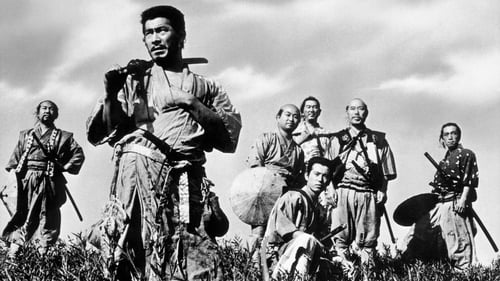
Self
Seven Samurai: Origins and Influences, a documentary looking at the samurai traditions and films that helped shape Kurosawa's masterpiece

Interviewee
Documentary about the making of Derek Jarman's 1979 film "Jubilee".
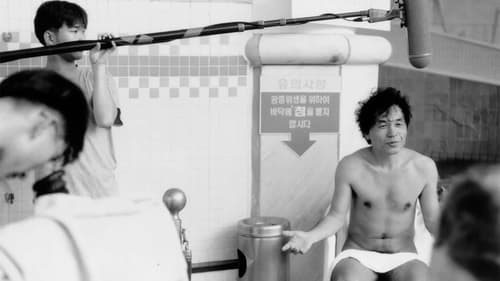
Director
Divided into chapters, the documentary examines Jang's career and films from many different angles and includes the voices not only of those who have worked with Jang but also of numerous ordinary Koreans who have been affected by his work. Individual chapters are devoted to such topics as Jang's idiosyncratic hairstyle and the controversy surrounding his previous feature Lies. The documentary tries to place Jang and his work in the widest possible social context, not only in the context of Korean cinema. At its heart is a series of remarkably candid and revealing interviews with Jang himself.

Writer
A Japanese man and a gay bar-owner in Hong Kong drink beer as they talk about their childhood and experiences.

Translator
Hong Kong, finales de los 90. El film sigue a varios personajes marginales, llegados a la gran ciudad procedentes de la China continental. El dueño de un negocio de vídeos porno, su esposa ascensorista con una prótesis en el pie, la joven venida del campo que ha terminado ejerciendo de prostituta, el joven timorato incapaz de tratar con chicas... Con ritmo lento, Nelson Yu Lik-wai nos pinta la penosa y triste vida de estos personajes sin rumbo ni ilusiones dignas de este nombre, y que nunca se plantean la bondad o maldad de lo que hacen
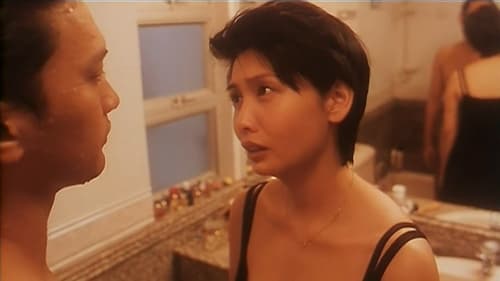
Two women are bound for the same plane, one of whom makes the flight while the other does not. In a cruel twist of fate, the plane crashes, killing everyone on board, and leaving the friends and family of the two women to talk about what was and what could have been.

Narrator
A Personal Essay on Cinema in Korea by Jang Sun-Woo

Himself
A BBC Arena profile of the Director from the time of the release of his film, The Garden, featuring interviews with Jarman, his collaborators and friends.

Narrator
Tony Rayns presents the work of the 'Fifth Generation' and other innovative filmmakers who emerged during the 1980s in China.

Writer
Tony Rayns presents the work of the 'Fifth Generation' and other innovative filmmakers who emerged during the 1980s in China.

Director
Tony Rayns presents the work of the 'Fifth Generation' and other innovative filmmakers who emerged during the 1980s in China.

Tony Rayns
While attending a screening of his film at the London Film Festival, a Japanese man tries to track down a woman from his past after receiving a mysterious phone call.

Self
Film critic Tony Rayns interviews Lino Brocka and other prominent Filipino filmmakers.

Writer
History of filmmaking in China from its beginnings in the 1920s to 1982, featuring Shanghai cinema of 1930s; the progressive filmmakers; the organisation of filmmaking under the post-war communist government; the impact of the Cultural Revolution; the work of Xie Jin.

Narrator / Himself
History of filmmaking in China from its beginnings in the 1920s to 1982, featuring Shanghai cinema of 1930s; the progressive filmmakers; the organisation of filmmaking under the post-war communist government; the impact of the Cultural Revolution; the work of Xie Jin.

Himself
Examines the early 1980s Hong Kong filmmaking community. Tony Rayns interviews some of the new generation of filmmakers and figures from the wider film culture.

Voice
Interview with Tony Rayns















